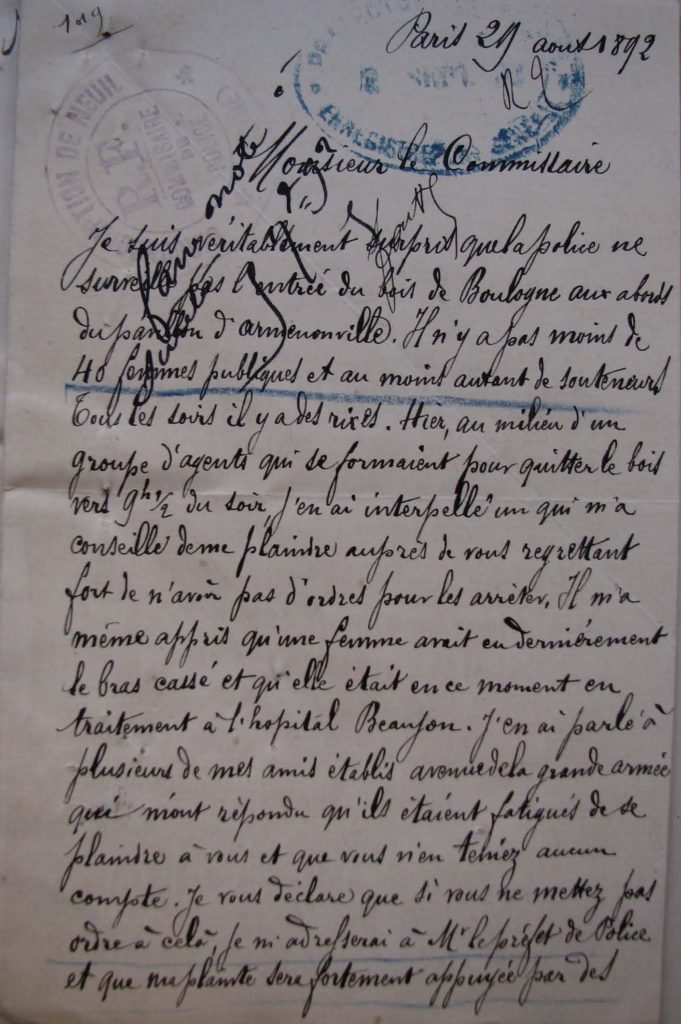
About a week ago, just as the protests and uprisings against police brutality began in the wake of the murder of George Floyd, a woman named Amy Cooper called the police after being asked to put her dog on a leash by a Black birdwatcher named Christian Cooper (no relation) in Central Park. Prior to calling, Amy Cooper warned that she was “going to tell them [the police] there’s an African American man threatening my life.” As many others have noted, in doing so, Cooper deployed her white privilege to threaten the possibility of state violence in ways that resonated with the long history of white women pointing fingers at Black men who were then subjected to extrajudicial violence. The most famous case, of course, was the lynching of Emmett Till who was murdered in 1955 after a white woman named Carolyn Bryant claimed that he had whistled at her. Bryant recanted in 2017.
I started thinking about this moment again as I continue to work through Josephine Butler’s Government by Police (1879). Butler connects the growth of police power in both Continental Europe and in the United Kingdom to the growth of moral policing, especially around the development of regulated prostitution. For Butler, then, the police posed both a general danger to liberal society and a particular danger to women. Butler’s feminism — at first — was thus organized around protecting women from the police, not calling on them in women’s defense.
Continue reading “Calling the Police”